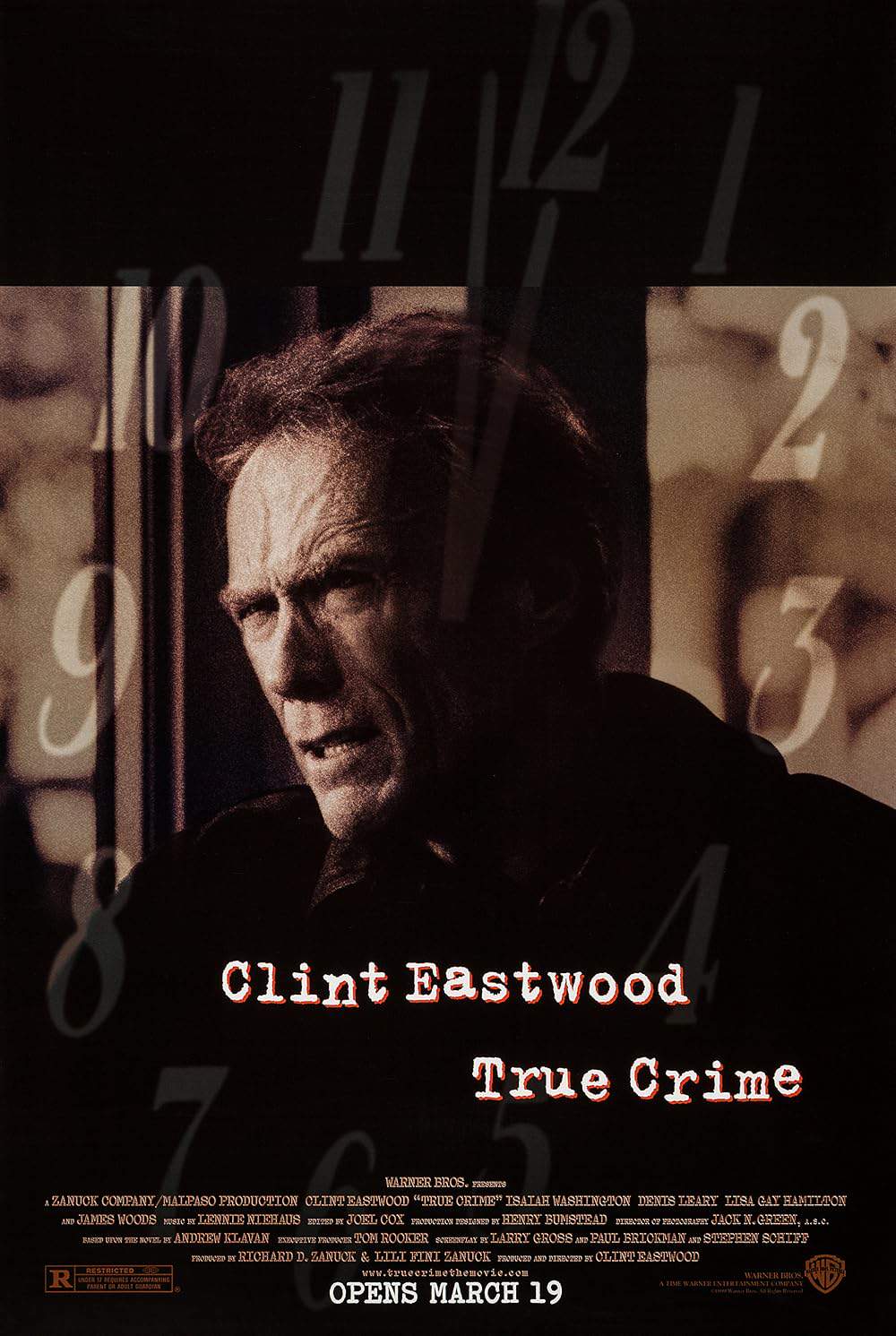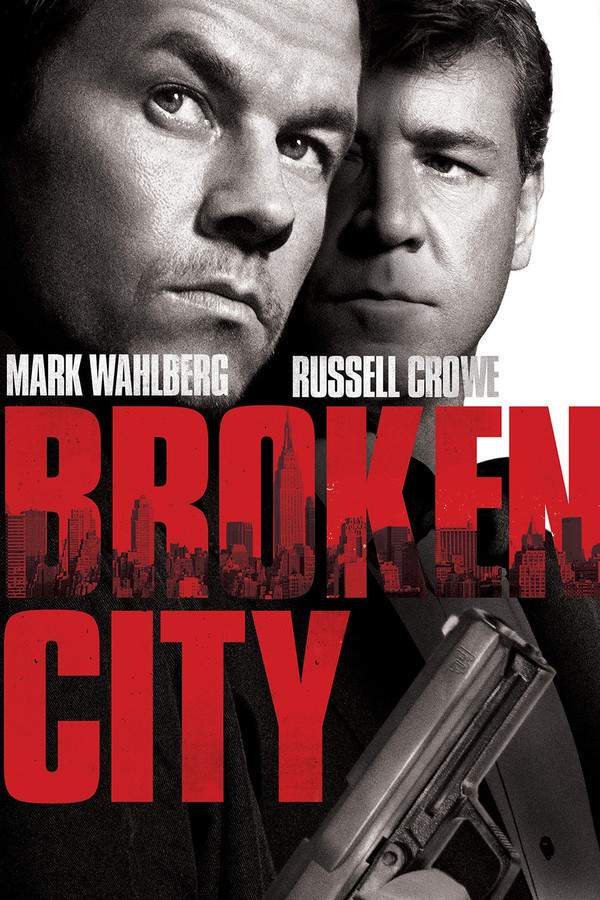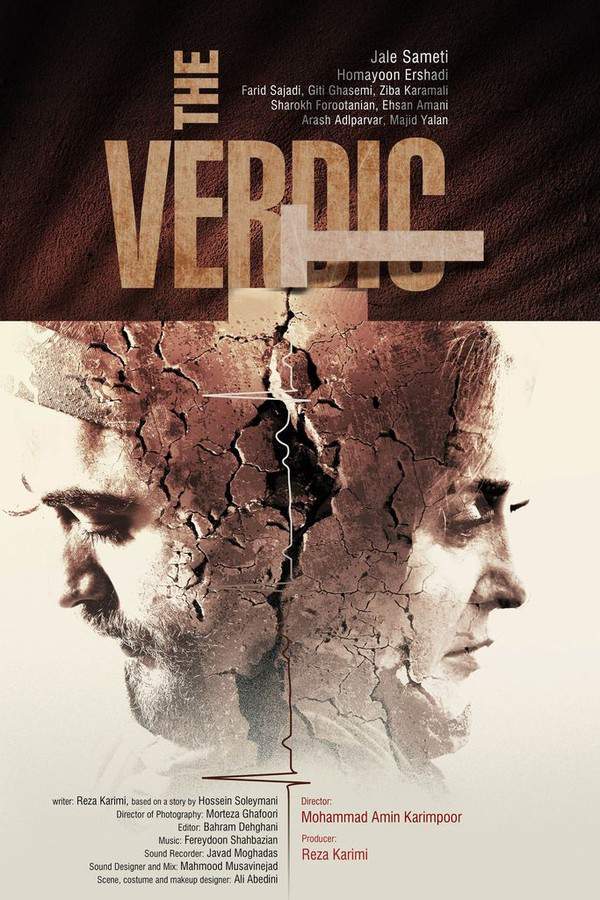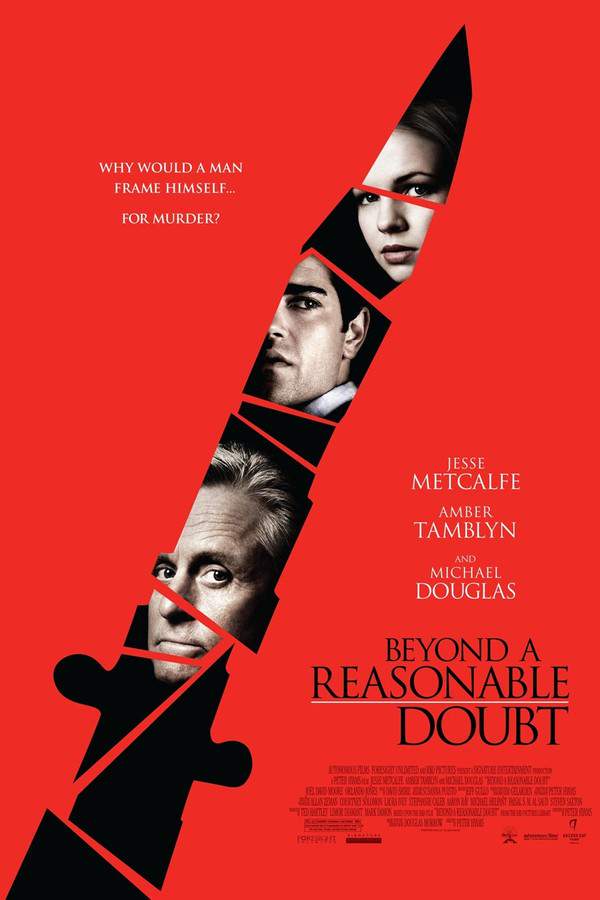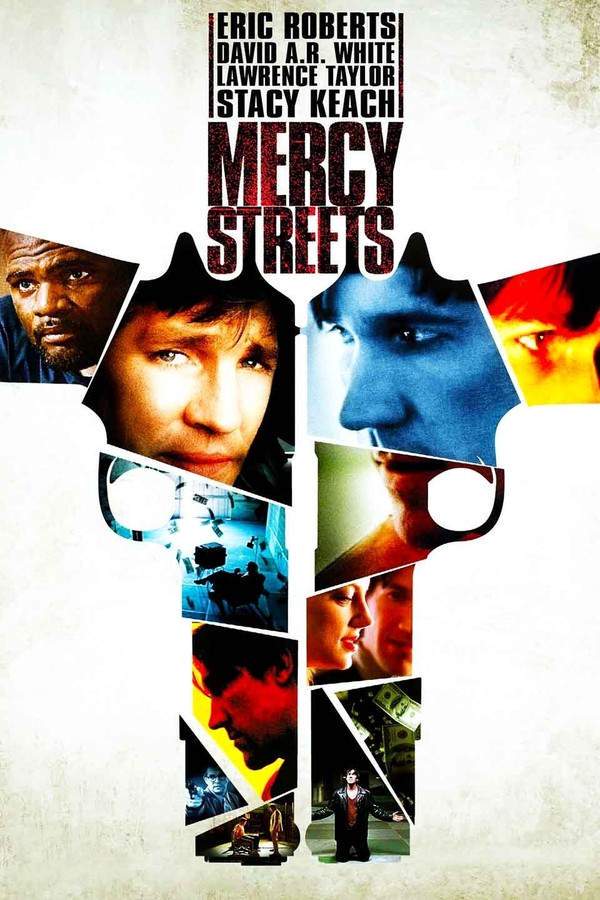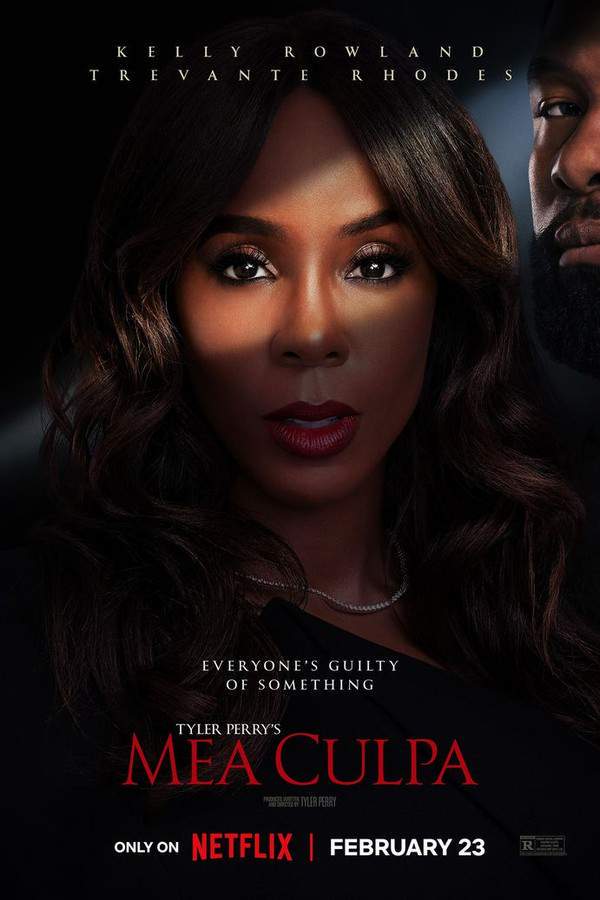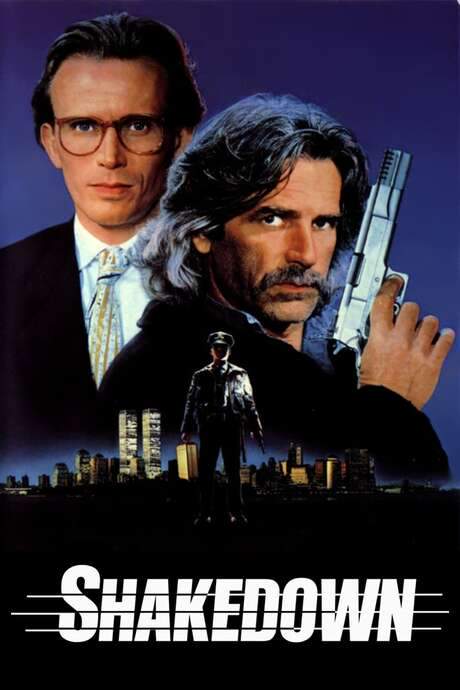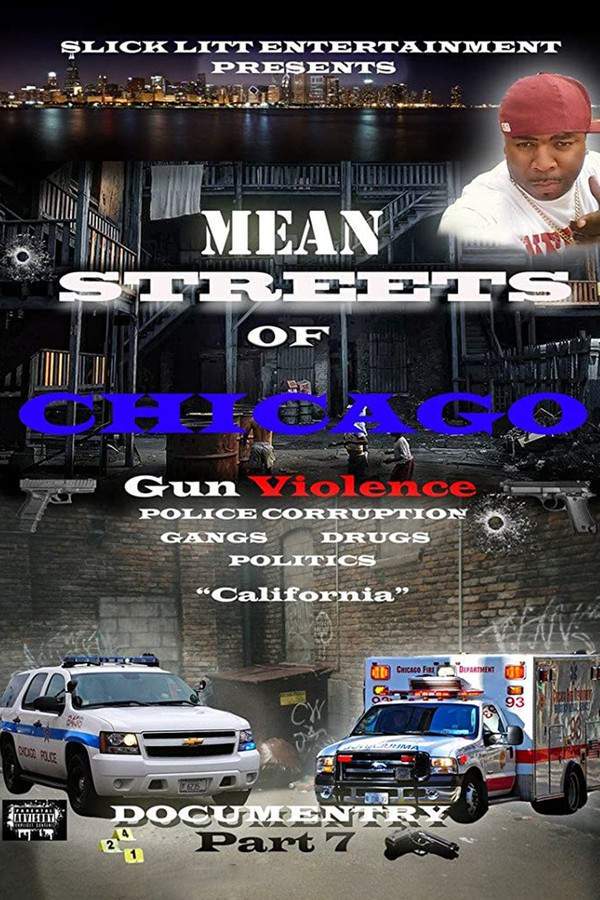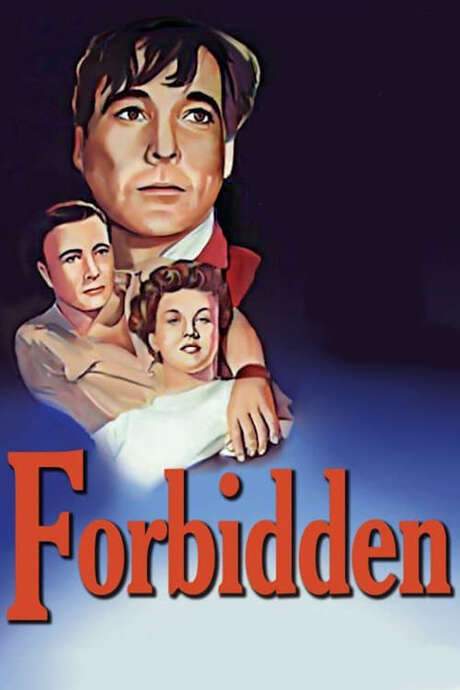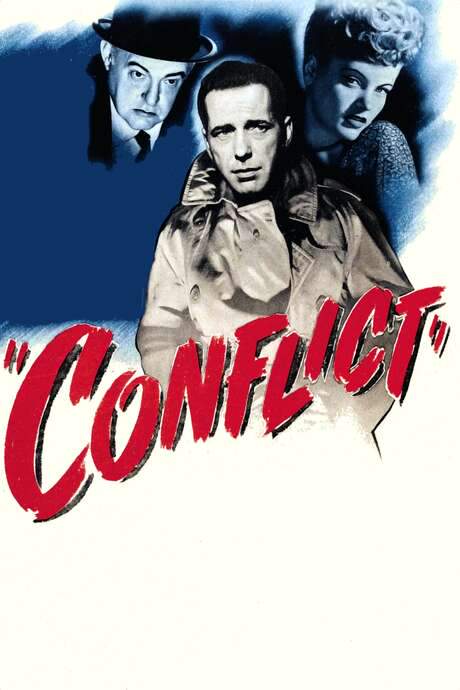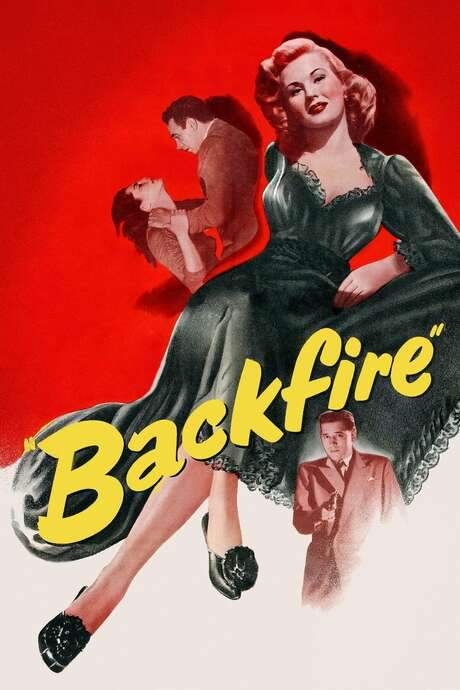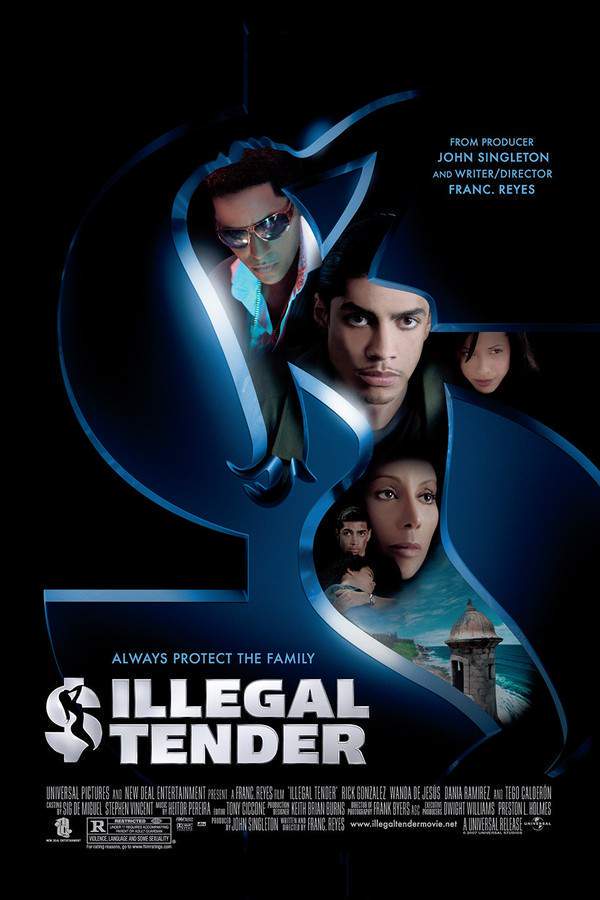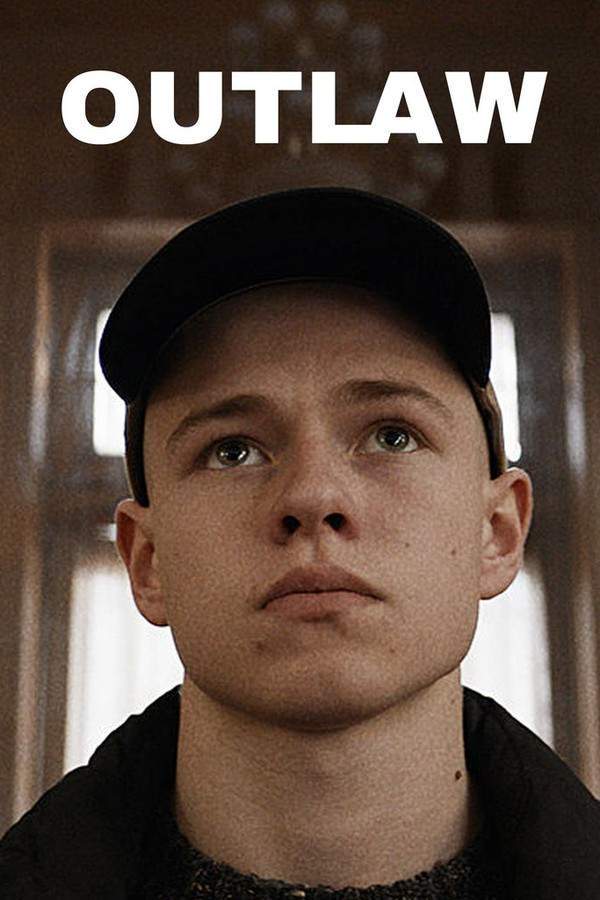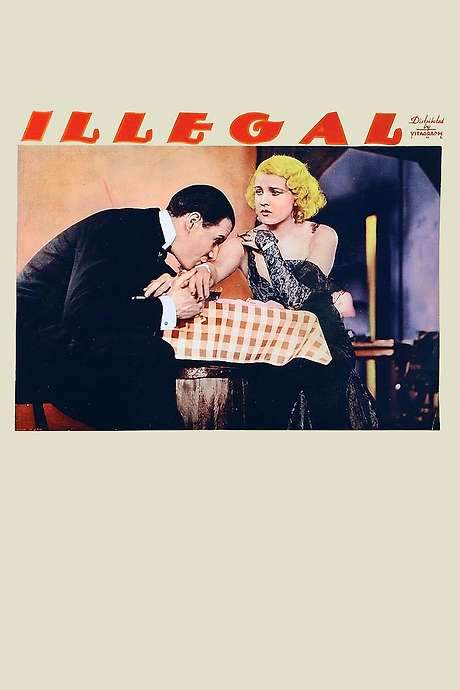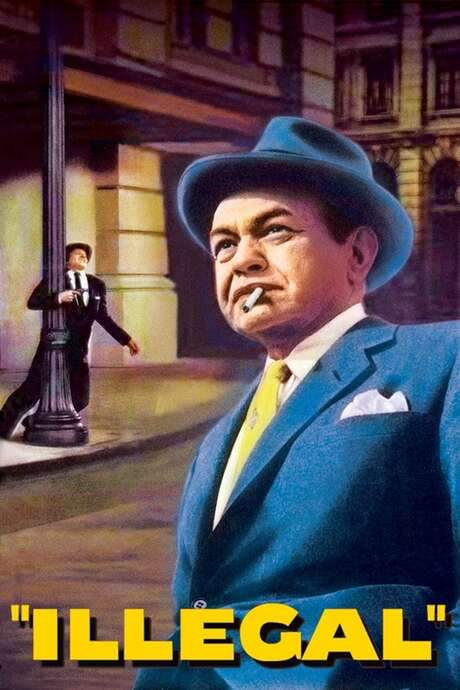
Illegal
Year: 1955
Runtime: 88 mins
Language: English
Director: Lewis Allen
A successful district attorney who once sentenced a hundred men to death is shaken when Angel O’Hara, a striking blonde, intervenes and forces him to re‑examine his life. After learning the man he sent to the chair was innocent, he leaves public office for private practice, but his new career is tainted by alcoholism and a reputation for defending low‑life criminals, as he seeks redemption.
Warning: spoilers below!
Haven’t seen Illegal yet? This summary contains major spoilers. Bookmark the page, watch the movie, and come back for the full breakdown. If you're ready, scroll on and relive the story!
Illegal (1955) – Full Plot Summary & Ending Explained
Read the complete plot breakdown of Illegal (1955), including all key story events, major twists, and the ending explained in detail. Discover what really happened—and what it all means.
Victor Scott, Edward G. Robinson, is a district attorney whose courtroom flair plays like a show, a man who insists that his own rise from the slums justifies winning every case. He is supported by Ellen Miles, Nina Foch, a loyal attorney who is less combative but equally devoted to her boss. Their relationship hints at something deeper than professional respect: in the past, Scott was urged and mentored by Ellen’s father, who on his deathbed urged him to protect Ellen. It’s suggested that Ellen might have hoped for something more than a partnership of convenience, but Scott nudges her toward a conventional life by urging her to marry a colleague, Ray Borden, Hugh Marlowe.
The film opens with a sensational murder case: the killing of Gloria Benson, whose death becomes the centerpiece of Scott’s prosecution. The jury delivers a guilty verdict, and the judge sentences the defendant to the electric chair—an outcome foreshadowed by the drama of the courtroom. The decisive moment arrives when a dying confession surfaces, claimed by a police shooting that occurred during the crime, fingering a man whose motive remains murky. The document’s legitimacy is never questioned, but its silence on the Benson motive leaves Scott unsettled as he strives (and fails) to stay the execution of the convicted man. The weight of the situation lands squarely on him: he has helped convict an innocent person, and the moment sticks with him.
As the execution clock ticks, Scott experiences a crisis of conscience that forces him to reconsider his path. He resigns from the D.A.’s office and slides into an alcoholic haze, a man shunned by former allies as he stumbles through a life that no longer resembles the one he once led. In a return to the courtroom, he faces a drunk and disorderly charge against him, and in that moment he finds a new purpose: defend the wrongfully accused. There, he encounters Mr. Taylor, Henry Kulky, a huge man whose testimony seems impossible to reconcile with reality. In a dramatic gambit, Scott challenges Taylor’s credibility and then delivers a surprising, brutal counter with a concealed roll of nickels that renders Taylor briefly unconscious. The case collapses, and Scott emerges with a renewed sense of himself as a defense attorney, free from the constraints of a system that had once rewarded his victories with a killer’s grin.
Scott’s talent as a defender comes to the fore when he takes on the case of an associate of the city’s crime boss, Frank Garland, Albert Dekker. The prosecution accuses Garland’s ally of murder by poison, and Scott, in a calculated move, drinks from the poison bottle in court and rests his case, knowing that the defense will seek a recess for a physician’s intervention while the poison takes effect. It’s a bold, theatrical moment that establishes a precarious détente with Garland; Scott does not become a henchman for Garland, but their relationship grows into a tense, mutual awareness of power—each man testing the other’s limits. This uneasy alliance marks a turning point: Scott begins to navigate a line where protecting a client may drag him closer to the same criminal elements he once battled.
Meanwhile, a covert leak threads through the D.A.’s office. The source is revealed to be Ellen’s husband, Ray Borden, whose role as a liaison to the crime world lands squarely in the open. Ellen discovers the leak and, in a confrontation, kills him in self-defense. The new D.A. misreads the incident, believing Ellen to be the leak and accusing her of murder. Scott steps in to defend her, shifting again toward activism in defense of the innocent and the morally compromised alike. The courtroom becomes a battleground not only for legal arguments but for the souls of its participants, as Scott wrestles with what it means to uphold justice when the system itself seems to have betrayed him.
In a calculated move to protect sensitive notes, Scott has his secretary mail his confidential case files to herself during a lunch recess, preserving them should anything happen to him. He then confronts Garland, who, eager to avoid implicating himself, asks Scott to throw the case. Garland’s paranoia about exposure is palpable, and he places Scott under surveillance, even as the D.A.’s agents close in on the crime boss. The shootout that follows ends with the hit man killed by Garland’s own men, a brutal reminder that crime and law enforcement exist on opposite sides of the same line.
Rather than seek medical care, Scott returns to the courtroom and calls upon Angel O’Hara, Jayne Mansfield, who had recently been living with Garland. Her testimony links Borden to Garland, corroborating that Borden spoke with the crime boss and that the fateful phone call that led Ellen to learn of the leak did indeed occur. Ellen is cleared, but Scott’s body bears the toll of his ordeals; he collapses from his injuries, his victories punctuated by cost.
This story weaves together ambition and conscience, power and vulnerability, in a way that keeps the courtroom electric from start to finish. It traces how a man once defined by his knack for conviction can become preoccupied with saving lives, even if doing so means crossing lines he once swore never to cross. The relationship between Scott and Ellen, strained and tested by loyalty, duty, and the specter of past mentorship, remains central to the drama, even as the city’s shadows pull at the edges of truth. The film leaves viewers with a haunting portrait: justice pursued with passion, often at a high personal price, and a reminder that truth in the courtroom is a fragile, evolving thing, never simply a page in a case file.
Last Updated: October 09, 2025 at 11:21
Explore Movie Threads
Discover curated groups of movies connected by mood, themes, and story style. Browse collections built around emotion, atmosphere, and narrative focus to easily find films that match what you feel like watching right now.
Movies about redemption in a corrupt system like Illegal
Flawed characters seek atonement in a morally bankrupt system.If you liked the fall and gritty redemption arc in Illegal, explore more movies about characters seeking atonement within morally bankrupt worlds. These films often feature heavy emotional weight, tense legal or criminal dilemmas, and bittersweet conclusions.
Narrative Summary
These narratives follow a protagonist, frequently a lawyer, cop, or official, who experiences a moral crisis after enabling or witnessing a grave injustice. Their journey toward redemption is messy, often involving a descent into the underworld they once opposed, grappling with addiction, and making dirty deals in pursuit of a greater good.
Why These Movies?
Movies are grouped here for their shared focus on a specific character arc—the redemption seeker in a corrupt environment—combined with a tense, gritty tone and a narrative that balances legal/criminal procedural elements with deep personal crisis.
Gritty noir morality tales similar to Illegal
Stylish, tense stories where characters are crushed by their own ethical dilemmas.Fans of the tense, morally complex atmosphere of Illegal will find more like it in this collection of gritty noir stories. These movies share a bleak worldview, high-stakes ethical conflicts, and a steady, suspenseful pacing that keeps you on edge.
Narrative Summary
The narrative pattern involves a central character facing an impossible moral choice, often related to crime or justice. This choice triggers a chain of events that exposes the fragility of their morality and the corruption of the world around them. The story unfolds with a steady, relentless pace towards a conclusion that is rarely purely victorious, emphasizing the cost of their actions.
Why These Movies?
These films are united by their distinct noir vibe: a combination of a tense, bleak tone; a steady, suspenseful pacing; high emotional intensity; and a core thematic focus on moral crisis, guilt, and the dark side of human nature, often within an urban criminal setting.
Unlock the Full Story of Illegal
Don't stop at just watching — explore Illegal in full detail. From the complete plot summary and scene-by-scene timeline to character breakdowns, thematic analysis, and a deep dive into the ending — every page helps you truly understand what Illegal is all about. Plus, discover what's next after the movie.
Illegal Timeline
Track the full timeline of Illegal with every major event arranged chronologically. Perfect for decoding non-linear storytelling, flashbacks, or parallel narratives with a clear scene-by-scene breakdown.

Characters, Settings & Themes in Illegal
Discover the characters, locations, and core themes that shape Illegal. Get insights into symbolic elements, setting significance, and deeper narrative meaning — ideal for thematic analysis and movie breakdowns.

Illegal Spoiler-Free Summary
Get a quick, spoiler-free overview of Illegal that covers the main plot points and key details without revealing any major twists or spoilers. Perfect for those who want to know what to expect before diving in.

More About Illegal
Visit What's After the Movie to explore more about Illegal: box office results, cast and crew info, production details, post-credit scenes, and external links — all in one place for movie fans and researchers.

Similar Movies to Illegal
Discover movies like Illegal that share similar genres, themes, and storytelling elements. Whether you’re drawn to the atmosphere, character arcs, or plot structure, these curated recommendations will help you explore more films you’ll love.
Explore More About Movie Illegal
Illegal (1955) Scene-by-Scene Movie Timeline
Illegal (1955) Movie Characters, Themes & Settings
Illegal (1955) Spoiler-Free Summary & Key Flow
Movies Like Illegal – Similar Titles You’ll Enjoy
Illegal Tender (2007) Detailed Story Recap
Outlaw (2007) Detailed Story Recap
The Guilty (2000) Story Summary & Characters
Criminal Law (1988) Story Summary & Characters
Illegal Woman (2020) Film Overview & Timeline
Illicit Behavior (1992) Movie Recap & Themes
The Criminal Code (1930) Film Overview & Timeline
Criminal Court (1946) Complete Plot Breakdown
Criminal Lawyer (1937) Plot Summary & Ending Explained
Illegal in Blue (1995) Movie Recap & Themes
Accused of Murder (1956) Full Movie Breakdown
Each Dawn I Die (1939) Spoiler-Packed Plot Recap
Illegal (1932) Story Summary & Characters
King of the Underworld (1939) Movie Recap & Themes
Blood and Wine (1996) Plot Summary & Ending Explained


